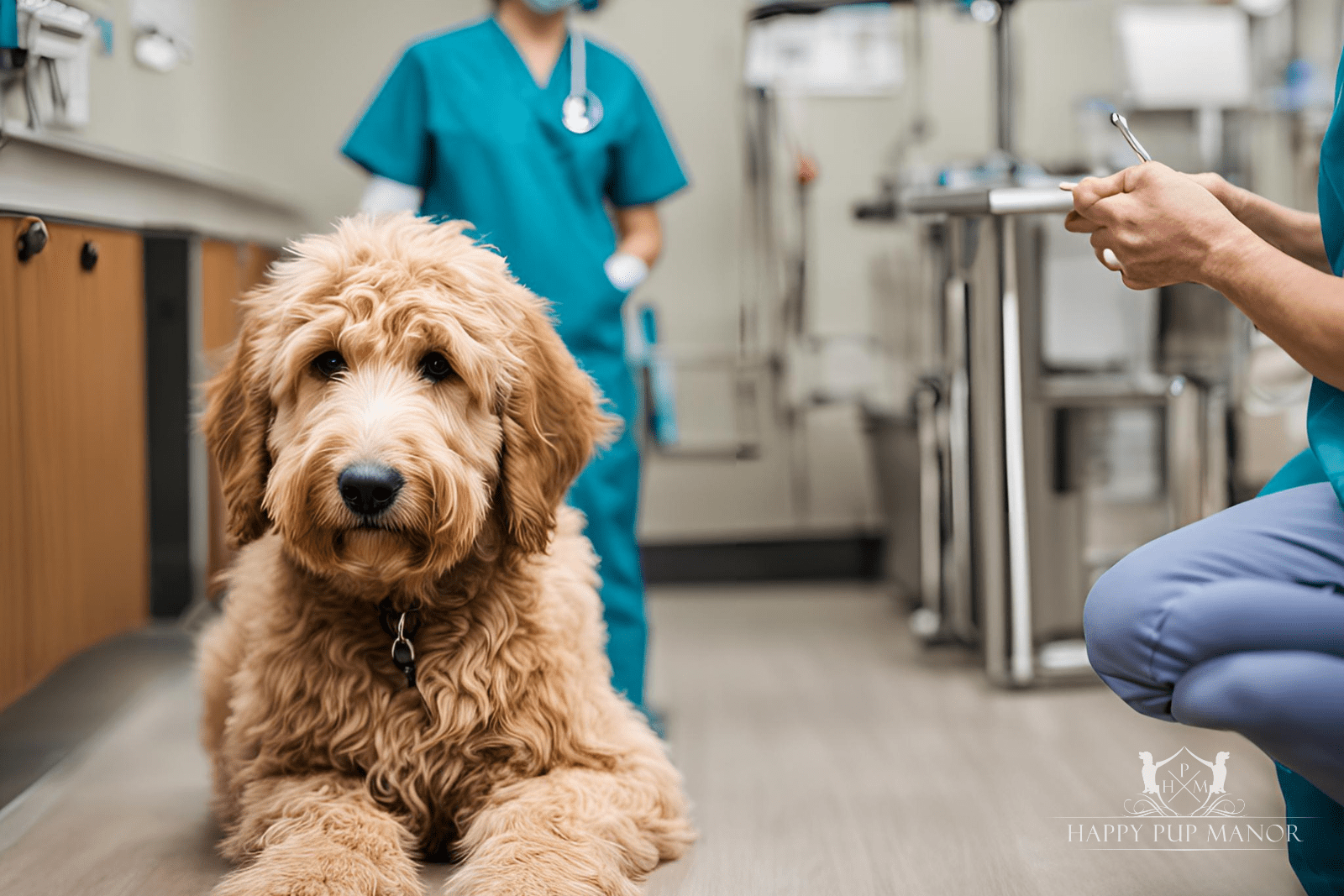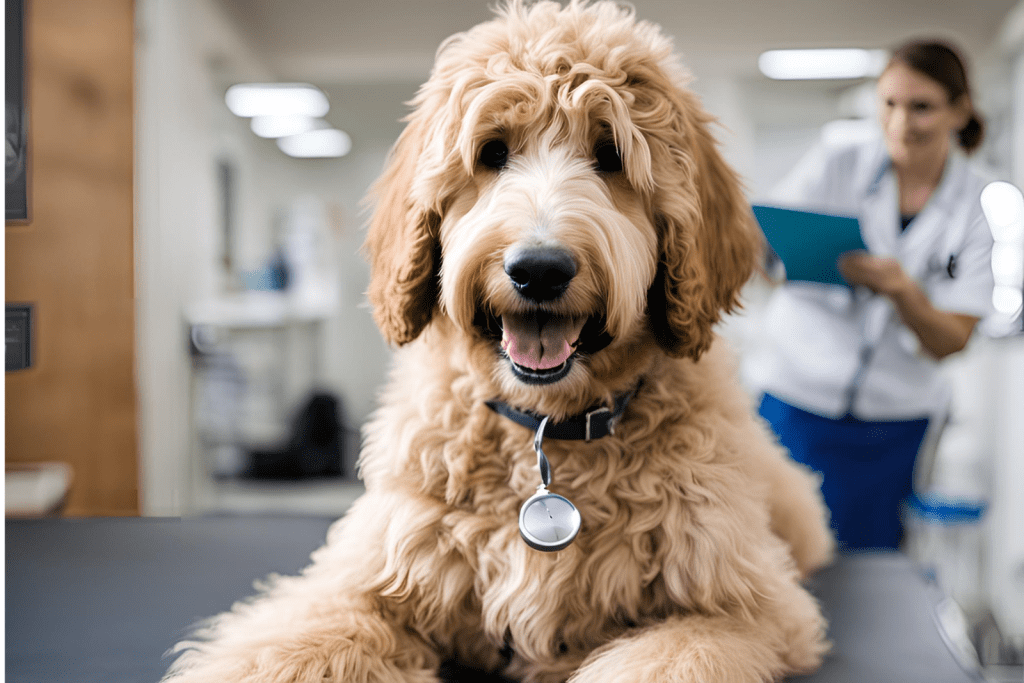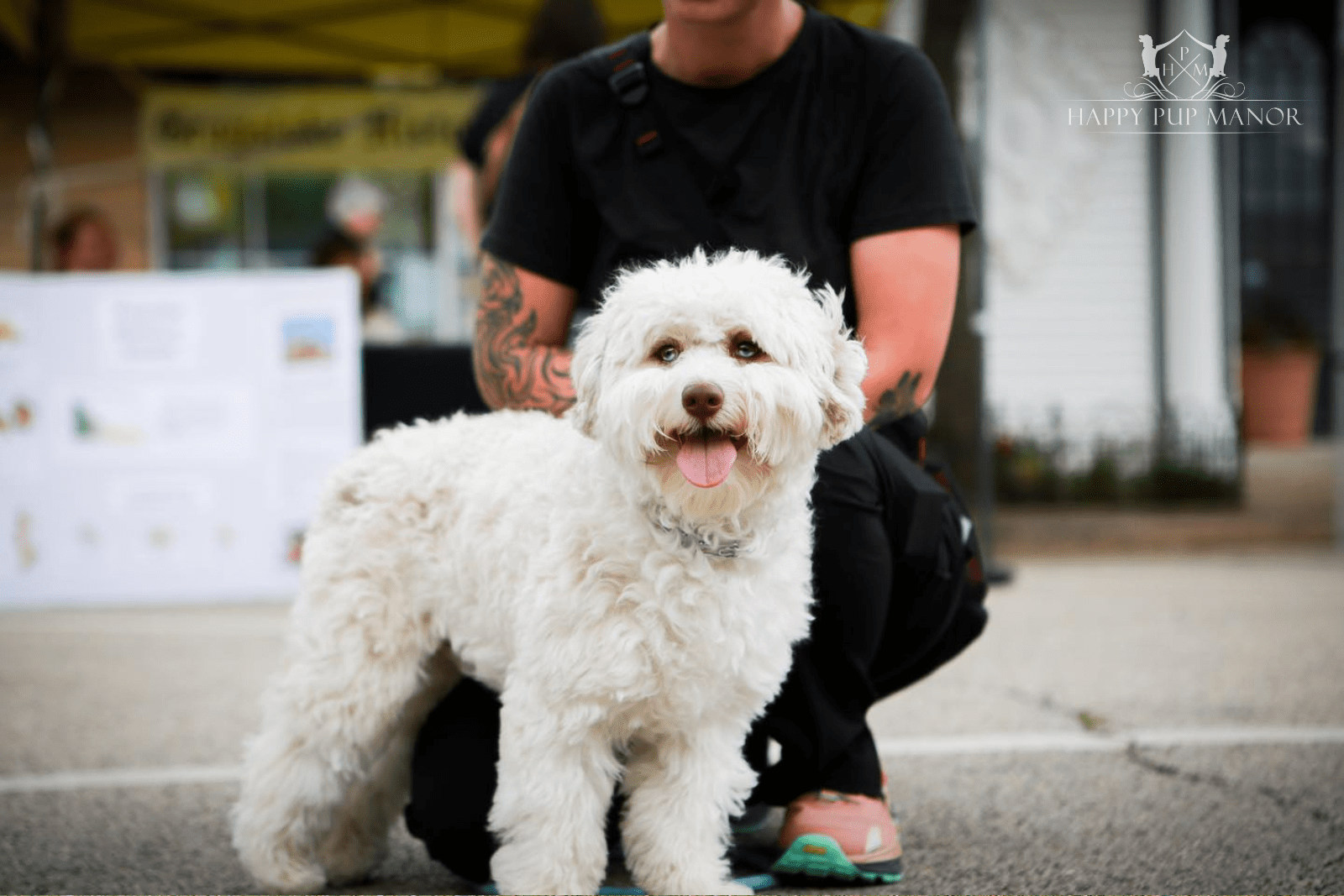Giardia in Dogs: What is it and What To Do If Your Dog Gets It?

Giardia in Dogs: What is it and What To Do If Your Dog Gets It?
Is your dog not feeling well? Has it been diagnosed with Giardia, or do you suspect it has this? When our pups get sick, it can be very worrisome, especially since we can’t ask them how they are feeling. Don’t worry! In this article, we will answer your questions about Giardia in dogs so you can prevent your pup from getting infected and know what to do in case it does get it.
What is Giardia?
Giardia is a protozoan parasite that infects dogs’ intestines, causing “Canine Giardiasis.” While this type of infection is not fatal in most cases, it can cause your dog huge discomfort.
Giardia has two stages in its life cycle: trophozoites and cysts.
- Trophozoites: Known as the “active feeding stage,” trophozoites attach to the intestines, feed, and then multiply. Once they are encysted, these are passed on as feces.
- Cysts: Once infected animals pass these as feces, they can survive for weeks. This is why animals that pass more cysts would create a huge number of active cysts in the environment that can infect other animals.
How Do Dogs Get Giardia?
Giardia is a common parasitic infection that dogs can normally contract in areas with contaminated water or poor sanitation. It can also spread easily anywhere many dogs or pets are situated, such as kennels, parks, animal hospitals, or even your own home.
 Contaminated Water: Drinking contaminated water from ponds, streams, puddles, or infected dog water bowls.
Contaminated Water: Drinking contaminated water from ponds, streams, puddles, or infected dog water bowls.- Fecal-Oral Route: Consuming cysts from polluted surfaces, like soil, or through direct contact with the feces of an infected animal.
- Licking/ Grooming: Licking or grooming fur that has come into contact with Giardia cysts.
Infection occurs when a dog swallows anything infected by the parasite, which then passes into its intestines and attaches to the intestinal wall. Eventually, as the parasites develop in the intestines, dogs pass the infectious parasites in their stool, which can then infect other dogs again. Since Giardia can be easily transmitted, if you have a dog who gets infected, there will be a high chance that your other pets can be infected easily through playing, licking, and sharing food and water.
Note: Most dogs that get infected with Giardia can be asymptomatic or show no signs or symptoms of the infection, but they can still pass on the parasite to other dogs and infect them.
What are the Symptoms of Giardia in Dogs?
Diarrhea and loose stool are the most common symptoms of dogs infected with Giardia, as the parasite lives in the intestine. Stools will typically appear yellowish, greenish, or even brown, but they are very watery and may sometimes have traces of blood. Some other observable symptoms are:
- Foul-smelling, greasy stool

- Flatulence
- Gradual weight loss
- Dehydration
- Vomiting
- Loss of appetite
- Abdominal discomfort or bloating
Dogs that are immunocompromised or puppies that still have developing immune systems can also experience fever and show more signs of weakness, so it is crucial that you have them checked as soon as you observe anything out of the ordinary.
How To Diagnose Giardia in Dogs?
Since the symptoms of Giardia are similar to those of other possible infections or conditions, the best route is to visit your veterinarian. Dogs that get infected but are asymptomatic can still pass on the parasite and infect other dogs, pets, and even humans, so it is best to consult with your vet instead of trying to find a cure for your pup on your own.
Typical tests to diagnose Giardia in dogs are:
- Stool Tests: Microscopic examination of stool samples to identify Giardia cysts or trophozoites.
- Antigen Tests: ELISA (Enzyme-Linked Immunosorbent Assay) tests to detect Giardia antigens in the feces.

Your vet will ask you to share your dog’s history, symptoms, and behavior, so it would be best to note your observations before your visit. This way, you won’t miss any symptoms or behavior your pup may have. Depending on the case, your vet may need to take multiple antigen tests or fecal tests to check the presence of the parasite.
Also, since the cysts are shed from time to time, your vet will also need to repeat the tests over a period of days to ensure an accurate diagnosis. From the time your vet issues medications to your dog, you would have to get it re-tested after two to four weeks to ensure that your dog is clear from Giardia.
Read: How to Find A Good Vet for Your Pup
What is The Treatment for Giardia in Dogs?
Once your vet has confirmed Giardiasis in your dog, he will prescribe medication that can control and get rid of the parasites in the body. Common medications given to treat Giardia are metronidazole, fenbendazole, or sometimes both if necessary.
In addition to medication, environmental management, and supportive treatment are needed to facilitate faster recovery for your dog. Closely follow your vet’s instructions on what food to give your dog since these can help with diarrhea and dehydration symptoms.
 Medication: Vets typically prescribe medications such as metronidazole or fenbendazole to treat Giardiasis. These medications are often given for several days.
Medication: Vets typically prescribe medications such as metronidazole or fenbendazole to treat Giardiasis. These medications are often given for several days.- Hydration: Ensure your pup stays hydrated, especially if experiencing diarrhea, by keeping water bowls accessible at all times.
- Environmental Cleaning: Thoroughly clean and disinfect the dog’s living areas, including bedding and toys. You can also clean areas of your home where your dog frequently stays, especially your backyard. Regular bathing can help remove cysts from the dog’s fur, so follow your vet’s recommendation on how often you should bathe your dog.
- Preventive Measures: If you have other pets in the house, it would be best to have them tested as well. Make sure that your dogs don’t share food and water bowls, and clean their waste immediately to prevent infection from being passed.
Is There a Vaccine Against Giardia?
There is no vaccine for Giardia, so the best step is to prevent your dog from getting infected. To ensure that your dog is free from Giardia, always visit your vet regularly for routine checkups and tests to ensure their overall health and well-being.
Is Treating Giardia Expensive?
Treating Giardia is relatively inexpensive since it does not require any expensive medications or surgeries–unless your dog has other underlying conditions. Your expenses would typically be for veterinary visits, tests, and medication only, so it would be best to bring your pup to the vet as soon as possible to prevent your dog’s condition from worsening and to prevent it from needing to visit the emergency room.
Can Humans Get Giardia From Dogs?

Yes, Giardia can be passed on from dogs to humans and can also cause diarrhea. Contaminated water is also the most common cause of humans getting infected with Giardia, so drinking water from clean sources is important.
If your dog has been diagnosed with Giardiasis, make sure to clean and disinfect your home environment while maintaining proper hygiene at all times to prevent accidental spread. People with a weakened immune system are very susceptible to Giardia, so you should take extra precautions when administering medications and handling your infected dog.
How To Prevent Giardia in Dogs?

- Drink Only Clean Water: Drinking contaminated water is the fastest way for your family and pets to get infected with Giardia. Make sure that you only consume clean water and never let your dogs drink water from anywhere.
- Good Hygiene: Wash your hands thoroughly after handling your dog, especially after picking up feces, cleaning their space, and giving your dog a bath.
- Sanitize Living Areas: To reduce the risk of infection, regularly clean and disinfect your dog’s living spaces, including bowls, bedding, and toys.
- Have Regular Vet Visits: Getting your pup checked regularly is the best way to ensure that it has a strong immune system and to check for possible infections. Make sure that you follow their routine checkups closely.
If your dog is infected with Giardia, don’t panic! Following these guidelines can help protect your dog from Giardia infections and ensure their overall health and well-being. If you suspect your dog may have Giardia, consult your veterinarian as soon as possible for an accurate diagnosis and appropriate treatment plan.











